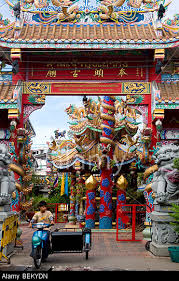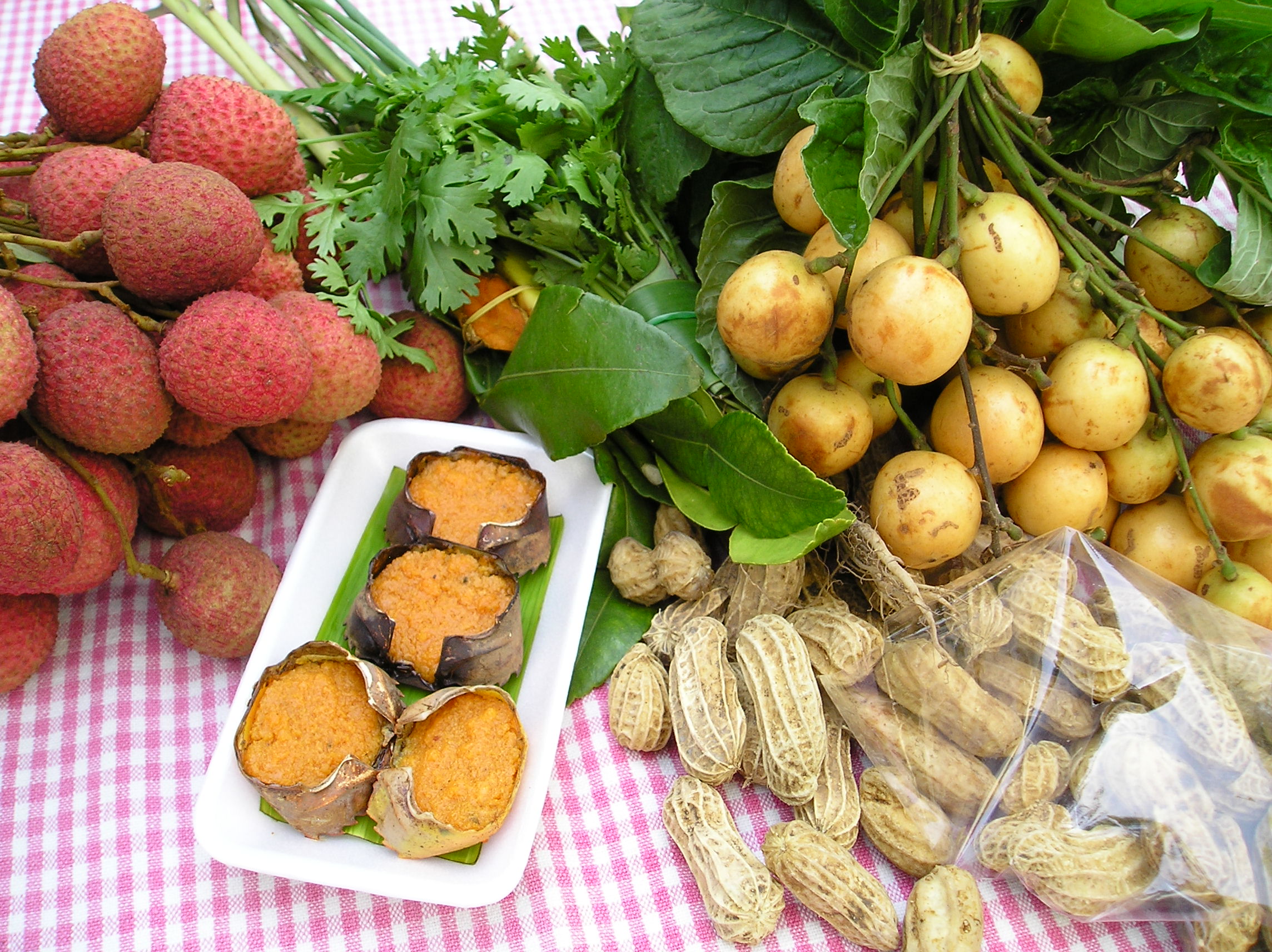Happiness is a complicated emotion. How to be happy, is a devilishly difficult question.
Happiness is a fickle commodity, an elusive quicksilver which has an annoying habit of slithering out of our grasp and disappearing back into the ether (or wherever happiness lives) like a slippery eel disappearing back into the mud. Answering the question, “how to be happy”, is not as straight forward as we might think.
Happiness is a relatively new emotion. We didn’t have it back in the Ice Age, although we did have a million ways of saying “it’s bloody freezing.”
We haven’t really got the hang of happiness yet, although we seek it out constantly by doing things which we think might make us happy, like getting married or going to the circus.
Many of us set about achieving happiness in a very western, sensible, business like way which we were taught at school. Mr Snary, our Deputy Head Teacher, told us very clearly what we had to do to achieve success (and therefore happiness) in our exams; read the course text books, listen to Mr Snary and revise. Years later, after leaving school (the happiest days of our lives, by the way) and getting knocked about by the university of life, we end up feeling dreadful and depressed and set about trying to be happy. Our subconscious programming kicks in and we think to ourselves, “I know how to achieve stuff, all I need to do is read the books, listen to Mr Snary and revise.” But, because we’re not mad we know that Mr Snary is not going to appear and tell us how to be happy, but perhaps someone else will? We set about trying to be happy as though we’re going to take a Maths exam.
We read books, (usually expensive and reassuringly chunky self help books called things like “How To Be Happy,” written by happy looking self assured people with lots of letters after their name), we listen carefully to anyone (friends, family, doctors, counsellors, therapists, that bloke on the radio on that medical programme, The One Show, vicars, priests and Zoe Ball) who we think might have half a clue to achieving happiness and we revise and make lists and write stuff down that we need to remember, or stick it on the fridge door. Our subconscious programming kicks in and we all mechanically set about trying to be happy like we did when we were trying to pass exams at school. It’s a bit like trying to mend a car using kitchen equipment. It’s not bad equipment, they’re not a bad set of tools, but just the wrong ones. We can’t be happy by swotting up.
I’m not nuts enough to think that I have the global answer to happiness (although I might) but I do think it’s worth looking at this fickle commodity through another lens, through the lens of a completely different culture who do not come at stuff as though they are trying to pass Maths GCSE. You can’t achieve happiness by drawing a Venn Diagram.
Some Asian countries, including Thailand, known as The Land of Smiles, have a very different approach to lots of things, well everything actually. I spent the first two years in Thailand walking about in a kind of daze trying to re-learn how everything works, being forced to see everything in a different way.
Nothing is as it seems and many things are completely back to front from what we expect, or just plain unusual; all utility bills are paid at the 7Eleven corner-shop, Buddhist monks will come to your house and bless your washing machine, cycling as transport is very lower class, you can change your name any time you like to whatever you want, and a whole host of other things which go to make up a world very, very different from the one which we are familiar with in the west.
So in answer to the question, How To Be Happy, here are a handful of ideas that shake up our traditional thinking, and may help us view things in a different way, which in turn might, just might, make a difference to how happy we feel.
How To Be Happy: 10 Interesting Ideas
Change Versus Acceptance
We are so used to change that we almost don’t see any alternative. In the west we are taught to change things, to see change as important. We are taught to intervene, to campaign, to debate, to argue, to sign petitions, to vote for something better, to fight for a brighter future. Newspapers scream headlines every day announcing various injustices, things that we shouldn’t stand for, whipping up hysteria and outrage and the need for change. We’re taught from a very early age about change and how important it is. But, just imagine for a minute that change is taken off the menu and replaced by acceptance. In many Buddhist countries people strive towards acceptance, not change.
I’m not sure that acceptance automatically leads to happiness, but I am sure that it is a lot calmer and creates less stress.
As an interesting exercise in shifting cultures, think about something which you feel you need to change, wave the magic wand of acceptance and imagine it is never going to change but instead you must learn to accept things gracefully and to remember that in the bigger (Buddhist) picture it probably doesn’t really matter.
How To Be Happy in Another Dimension
This is a bit far out, but bear with me.
Imagine that there is another world running parallel to our own (see what I mean), a world that is just as full as our own, with people, families, work, grievances, problems, happiness and all the other stuff that goes to make up a world. Imagine as well that we can’t see this world, but we know, for a fact, that it’s there.
In Thailand and most of Asia, this parallel world is the spirit world. The spirit world is just as real and important as our own and also has a direct influence on the world where we live. The two worlds are completely intertwined. It therefore follows that happiness and unhappiness are also linked to the spirit world. If we want to be happy we have to make the spirits happy.
Two important things are going on here; firstly, happiness is taken out of our hands and placed in the hands of someone (or something) else (the spirits) and secondly, you have to do something, or make an offering, to someone else (albeit a spirit deity) and exercise a little humility. Both of these are interesting ideas rarely mentioned in relation to happiness in the west. It would be a brave self help book to suggest making an offering to the spirit world.
Immediacy
If you try to book in advance for anything except a flight ticket in Thailand you will be disappointed. Thailand, and most of Asia, is a very immediate place. There is little emphasis on the future and a lot more emphasis on what is going on today, right now.
In a western world where we are increasingly concerned about the future and the myriad anxieties this produces there is something refreshing about just looking at today and concentrating on the concerns of right now, rather than fretting about what might happen next week or next year.
It’s a complete existential paradigm shift (as they say), where importance is placed upon now rather than later. After all, it’s now where we are living rather than next week or next year. It reminds me of the well know Chinese proverb “when we live in the past we live with depression and when we live in the future we live with anxiety.” Perhaps there is more than a little truth in this.
Massage Your Way To Happiness
In the western world massage tends to either have a rather seedy reputation or is the preserve of athletes and the sports world. Many Asian people will go for a massage like you or I will pop to the supermarket. It’s not thought of as weird or seedy but just part of life, and an extremely relaxing and health promoting part of life at that. There is now overwhelming evidence that massage is good for you in numerous ways; it increases blood flow and circulation and is therefore generally beneficial for our physical health, it combats stress, anxiety and depression and promotes a sense of well-being and happiness.
In parts of Asia massage places are everywhere; in every shopping centre, on every street corner, market and supermarket. They are as numerous as fast food outlets are in the west.
There’s no doubt whatever way you look at it that massage is good for you and can only go towards making people feel better and happier.
How To Be Happy? Eat Your Way To Happiness
A lot of Asian people would be quite shocked to see how we shop, cook and eat. Food is a massive thing and on the whole people eat really well and really frequently. Most people shop every day in the local fresh markets where food is fresh and often very locally sourced. Fresh fruit and vegetables are sold in massive quantities, along with fresh fish, meat and home made curries. People don’t tend to have fridges or freezers, so there’s no bulk buying and freezing things for the future.
The biggest threat to all of this is the recent arrival of western fast food places (your welcome). KFC, McDonalds and Pizza Hut have suddenly become massively popular.
The famous phrase, “we are what we eat” certainly has more than a whiff of truth to it. If we eat processed food packed with preservatives, we’re not going to be as healthy or as happy as if we eat fresh food made from fresh ingredients. It’s not rocket science.
Gratitude and Happiness
People in countries with a tradition of Hinduism or Buddhism, express their respect and gratitude every day by placing gifts and offerings to the spirits. In a culture driven by consumerism it’s easy to lose touch with gratitude. Everything we could ever ask for is available whenever we want it, either in a local supermarket or online.
In a culture which promotes gratitude, it also fosters appreciation and respect which in turn feed into general contentment and happiness. Maybe.
Family Versus Individualism
Asian people value family more than anything else. The family is a source of support, wisdom and happiness and it’s rare that people would want to move away from their family. Unlike western cultures, there is a very clear hierarchy within families where respect and authority are towed upon older relatives. It’s an unwritten system which avoids argument and debate. The family hierarchy is set around the eldest grandparent, or failing that, the oldest brother. Families will defer important decisions to this hierarchy which avoids untold unrest for the rest of the world.
When The Going Gets Tough The Tough Go Home
There’s a popular saying, “when the going gets tough, the tough get going.” I’m not sure it’s always entirely helpful. We are often taught to stick things out, to keep going and to be brave. Even in times of great adversity there is honour in toughing it all out, standing up for something, owning up to our wrongdoing and not running away.
In the east, there is of course an opposite to this, which is simply, going home, a kind of self imposed Gardening Leave reserved for any event , or situation, which seems too stressful and overwhelming.
I’m not sure if it’s right or wrong but given the choice between standing up to a stressful, situation or going home and pottering about in the garden for a few hours I know what would make us more happy.
Meditation: The Root Of All Happiness
Buddhist monks are a really chilled out bunch. You never see a group of monks fighting or arguing or even vaguely unhappy. They are always peaceful and calm and good to be around. They exude the peace vibe.
You have to wonder if this tranquility and happiness is linked to the fact they spend huge amount of time each day meditating. In fact, it is not unusual for your average monk to meditate for 12 hours a day. They start at about three or four in the morning and apart from light cleaning duties (usually sweeping), praying and chanting and studying Buddhist scripture they are not expected to do anything else other than meditate.
Of course they often do other things such as teaching or talking to people from their local community, but these things tend to be extra duties, which are additional to the main task of meditating, and generally being a chilled out happy monk.
Collective Happiness Versus Individual Happiness
People in Asia love to do things together. There is a common perception that doing stuff together increases happiness, and if you can all dress in the same uniform and have the same haircut, that’s even better. It’s the opposite of individualism.
Again, I’m not sure that this in itself would lead us all along the road to permanent happiness, but it’s interesting to note the difference between a culture which prizes autonomy and individualism and a culture which prizes togetherness and similarity. Perhaps it’s just harder to be unhappy in a crowd?
So, I’m not sure that any one of these ideas alone would answer the question “How To Be Happy” but I do believe that the difference between eastern cultures and western cultures is striking, and that happiness is sought in a variety of very different ways.
Read more about happiness and Asian culture here.
Thank you for reading and stay happy.
Alex.



Leave a Reply